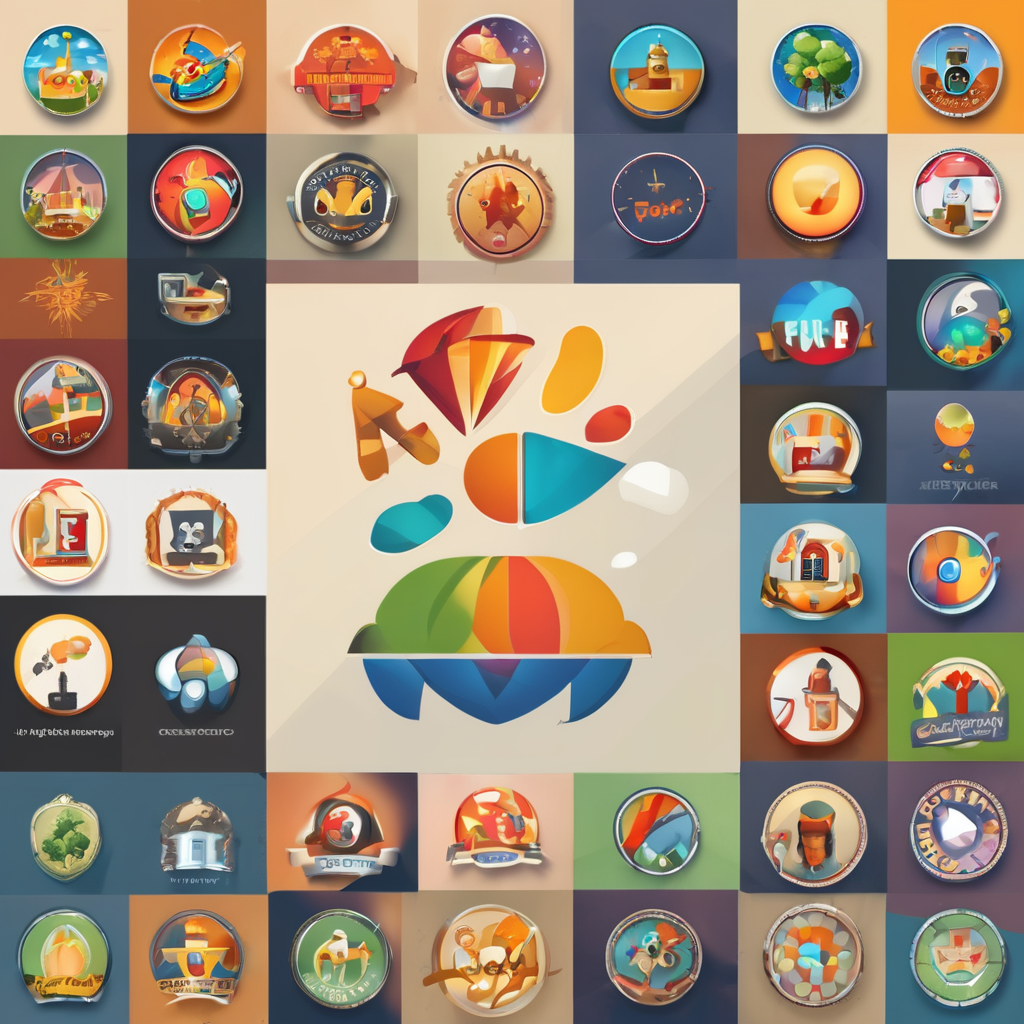Overview of Mental Health in Equestrian Sports
In the realm of equestrian sports, mental health plays a pivotal role in enhancing rider performance. A well-maintained mental state is essential for achieving success in competitive riding, as it directly influences decision-making and concentration. However, riders frequently encounter distinct mental health challenges, such as performance anxiety and the stress of high expectations.
One common issue is the pressure to excel, which can lead to burnout and emotional fatigue. This is intensified by the solitary nature of the sport, where self-motivation and personal discipline are crucial. Compounded by the physical demands, these stressors can significantly impact equestrian performance.
Also to read : Elevate your marathon game: how tailored hydration techniques enhance performance in arid conditions
Research indicates a strong link between mental well-being and success in competitive riding. Riders with balanced mental health often demonstrate resilience and consistently perform at their best, utilising their potential fully. Finding ways to support mental health becomes vital.
To promote rider well-being, it’s necessary for the equestrian community to acknowledge these issues and implement strategies that prioritise mental health. Having access to effective resources and fostering an environment where mental health discussions are encouraged can improve the overall dynamics of the sport.
Also to discover : Elevate your game: how multi-sensory training rooms boost performance across multiple sports
Role of Mobile Apps in Supporting Mental Health
In the evolving landscape of equestrian sports, leveraging mobile apps for mental health support is reshaping how riders manage their well-being. There is a diverse array of mobile apps designed to address various mental health needs. These apps can range from general mindfulness and meditation tools to specialised applications tailored for equestrian performance. They offer features such as guided breathing exercises, stress management techniques, and customised mental health plans.
Key features that enhance user experience include user-friendly interfaces, personalised feedback, and interactive elements that keep users engaged. For example, apps often provide reminders to take a mental break or practice relaxation techniques, directly aligning with riders’ schedules and routines. They may also incorporate gamified elements, making the experience more enjoyable and motivating for users.
The integration of technology in traditional equestrian training enables riders to maintain their mental health alongside physical training. Apps can synchronise with wearable technology, such as heart rate monitors, to provide holistic insights into a rider’s health. By merging digital tools with classic equestrian practices, riders gain comprehensive support in their sporting endeavours, ultimately contributing to improved mental health and rider well-being.
Benefits of Using Mobile Apps for Riders
Mobile apps offer numerous app benefits for riders aiming to enhance their equestrian performance. These digital tools not only improve technical skills but also contribute significantly to rider education, offering a comprehensive approach to training and well-being.
Improved Focus and Concentration
Riders can access various techniques through apps designed to boost focus. Mindfulness practices, such as guided meditations available within these apps, cultivate mental clarity, helping riders concentrate better during competitions. Often, documented case studies reveal a significant improvement in focus when app usage is incorporated into routines.
Stress Reduction Strategies
Numerous apps provide effective stress management tools. These include systems for breathing exercises, which are proven to alleviate tension. Meditation features, crafted to calm the mind and ease worries, play a crucial role. Riders have frequently shared testimonials about the positive impact such features have had, resulting in improved mental resilience when faced with performance pressures.
Performance Tracking and Feedback
Performance tracking apps enable riders to monitor their progress consistently. By offering constructive feedback, these apps highlight areas for improvement. Various success stories demonstrate how riders have achieved remarkable results through monitoring their performances over time, affirming the importance of digital feedback in refining skills.
Expert Opinions on Mobile Apps in Equestrian Mental Health
In the realm of equestrian sports, insights from industry experts can be invaluable when incorporating mobile apps for mental health.
Psychologists and Riding Coaches
Psychologists specialising in equestrian sports emphasise mental health‘s critical importance. They assert that mobile apps provide a convenient way to manage stress and anxiety, equipping riders with tools to maintain their well-being. Specific features, such as mindfulness exercises, are highlighted for their efficacy in enhancing equestrian performance.
Riding coaches, on the other hand, acknowledge the dual benefits of these apps. They facilitate the continuous development of mental skills while offering practical solutions for training. Coaches particularly recommend apps with customisable settings that align with personalized training programs.
Choosing the Right Apps
Experts recommend carefully selecting apps tailored to individual needs. They advise riders to seek apps with endorsements from mental health professionals and reviews from fellow equestrians. This ensures the app’s reliability and relevance.
By adhering to these expert recommendations, riders can harness the full potential of mobile technology, creating a synergistic relationship between digital tools and traditional equestrian training. The integration of these apps empowers riders, enhancing their overall mental resilience and performance.
Case Studies and Success Stories
In the world of equestrian sports, case studies and rider testimonials shine a light on the transformative potential of mobile apps in enhancing both mental health and performance. These real-world examples provide statistical data that underscores the effectiveness of integrating digital tools into the riders’ routines.
One notable case study involved a professional rider who faced severe anxiety before competitions. By utilising mindfulness apps tailored to equestrian needs, the rider reported significant improvements in focus and stress management. Over time, this individual experienced enhanced performance improvement, evident in their competitive results.
Another success story highlighted a novice rider whose app usage played a crucial role in building confidence. By engaging with mental health support features, the rider managed to overcome initial hurdles and stressors. This progress was mirrored in their improving performance metrics, observed over several competitive seasons.
Such compelling rider testimonials support the growing consensus that mobile apps can be a fundamental component of rider education. These apps not only contribute to immediate mental well-being but also foster long-term resilience and success in competitive environments. The documented stories exemplify how technology, when effectively leveraged, can become an ally for personal growth and sporting achievements.
Best Practices for Integrating Mobile Apps in Training Routines
Incorporating mobile apps into training routines for equestrian sports enhances rider development and well-being. To maximise benefits, consider the following strategies.
First, establish consistent app usage aligned with existing habits. This ensures seamless integration without disrupting established routines. Scheduling sessions for mindfulness exercises or performance tracking during regular training breaks aligns apps with daily activities.
Second, maintain a balanced approach between digital and real-life interactions. While apps offer convenience and innovation, face-to-face guidance from coaches remains invaluable. Combining these resources fosters comprehensive training.
Third, monitor progress regularly, adapting app engagement based on performance data. This involves reviewing metrics, such as stress levels or focus improvement, and adjusting app usage to address evolving needs. Tailoring interactions enriches rider experiences.
Finally, encourage peer sharing of app-related successes within the equestrian community. Discussing experiences and app recommendations nurtures a supportive atmosphere, enhancing motivation and commitment.
By incorporating these practices, riders can effectively utilise mobile technology integration, ensuring apps contribute positively to both their mental health and equestrian performance. These strategies not only enhance individual journeys but also pave the way for informed, sustainable development in the sport.




